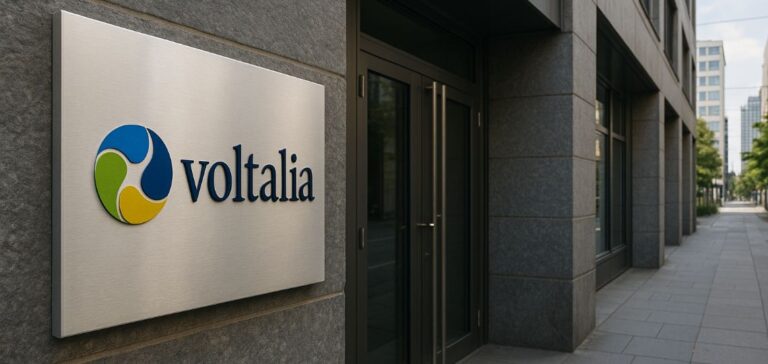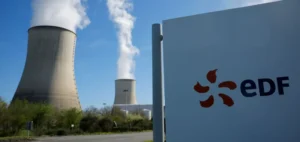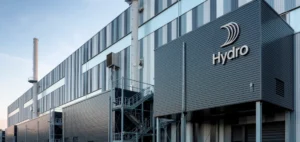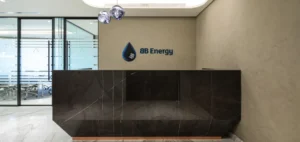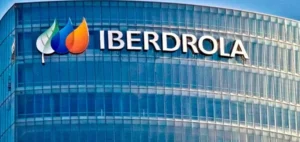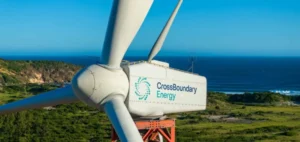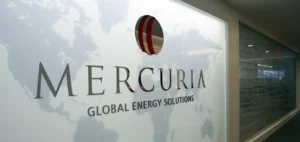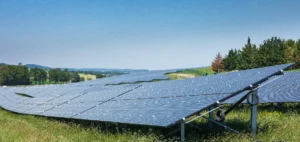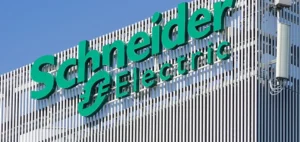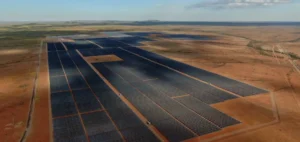Voltalia reported a 2% increase in revenue for the first quarter of 2025, reaching €113.3mn ($121.4mn), compared to €111.1mn a year earlier. This growth is attributed to a 19% rise in third-party services, which partially offset a 6% decline in energy sales impacted by price pressure and an unfavourable EUR/BRL exchange rate.
Strong production growth driven by Brazil
Energy production reached 1,121 gigawatt-hours (GWh) during the period, up 15% from 973 GWh in the first quarter of 2024. This growth is supported by improved production conditions in Brazil, where Voltalia operates the majority of its installed capacity. Total operational capacity now stands at 2,517 megawatts (MW), with 61% in Latin America, 36% in Europe, and 4% in other regions.
In Brazil, production increased by 16% despite a curtailment of 87 GWh, equivalent to 10% of local output, in line with annual forecasts. In France, production fell by 14% due to asset disposals in 2024 and less favourable solar resources. Output also declined in Albania and Portugal.
Third-party services drive revenue growth
Development, construction, and equipment supply activities generated €35.7mn ($38.3mn), up 18%, supported by major projects in Ireland, Spain and the United Kingdom. Revenue from the operations and maintenance segment rose by 22% to €7.2mn ($7.7mn), driven by third-party operated capacity reaching 7.5 gigawatts, a 50% increase year-on-year.
These services now represent 38% of quarterly revenue, compared to 62% for energy sales. Activity is geographically distributed with 60% in Europe, 35% in Latin America, and 5% in Africa.
Targets reaffirmed and strategic plan underway
Voltalia confirms its operational targets for the year, with capacity in operation and under construction expected to reach 3.6 gigawatts, and annual production forecast at 5.2 terawatt-hours. These projections incorporate a 10% curtailment assumption in Brazil, lower than the 21% observed in 2024.
Concurrently, the company continues the diagnostic phase of its SPRING strategic transformation plan, launched in early 2025. This programme aims to strengthen the organisational structure and improve medium-term profitability. Initial findings will be presented with the half-year results, along with a detailed action plan.
Measures expected on the Brazilian grid
To address constraints on Brazil’s electrical grid, the Electric Sector Monitoring Committee (CMSE) announced the formation of a working group to reduce curtailments through technical solutions such as compensator installation and storage systems deployment. Authorities estimate up to 1,800 MW could be redirected from the Northeast to the Southeast as early as 2025.
The Minister of Energy also announced in April a review of compensation mechanisms for affected producers. Voltalia states it remains confident in the outcome of ongoing legal and regulatory proceedings.


